Painter. Profligate.
Michelangelo, the fool. —
Cardsharps in Kahn’s hall.
Was there a time when demons conquered, stayed;
when Anthony’s tormentors shied away?
Why roam through Rome your bravado displayed;
why take your eye from your vision to stray?
Your meanest tableaus set my mind aflame;
Your work has worked itself into myself;
Your brush became my only brush with fame.
Uffizi’s Medusa’s upon my shelf.
Blesséd Matthew, gripped by passion and flame,
is taught by an angel’s breathless whisper.
Then there is your telling of our night’s shame
when, in the dark, Light was framed with silver.
Do you still lie amid the labyrinthine
streets of your Caesars’ stony concubine?
The echoing step
Moves us through history’s halls —
Saint Matthew’s burning.
My name still flies amid cent’ries’ darkness
and like an ever circling bird, rises.
My demons still roam my Rome in darkness
looking for young flesh and tender prizes;
Time’s elusive progress is circling ’round.
Night required I prick with sharpened sword
and sharpened tongue my enemies to hound;
they were circling ‘round my girls to hoard
their beauty and so keep my fame at bay.
Have you seen my Fillide? Does she still live
within Peter’s shadowy cabaret?
I need to know if our flame will outlive
my canvas, my sword, my haughty bluster.
Do her lips still call men to her chamber?
Tiber flows swiftly.
A starving tern yearns for food —
Pleasures at coin’s cost!
Fillide did what she had to do to live
and at the dawn of her womanhood, she
plied her flesh and soul to live; the attractive
are often forced, in poverty, to flee
morality, and thus all the devils win.
Fillide did die so many years ago
that time has almost forgotten her sin.
It must be pain entire to hit so low.
I’m sure your Fillide’s flame is still burning;
for her will did will herself in a frame.
She died remembering you without spurning.
She left us while petitioning our Dame.
I pray Mary heard you at your last breath
that all your darkness did not mark your death.
Mortar frames her bed.
We all seem to hold our breath —
The nightingale sings.
I can’t recall the cutlass’ cut ’n’ flash.
My flesh was torn too soon to notice much.
I recall the slow gasp, the bloody slash,
the eyes so filled with knowing. And no touch
can bring my blood to flowing. And no word
can now make sinew move my dusty bones.
All was darkness, there was a footfall heard,
(the mute sound of leather on hardened stones)
and then a challenge I could ne’er refuse.
My rage ’twas like on Malta’s rock. I burned.
I flared. “I’ll not have you my name ill-use.
I am Caravaggio! You’re ill-learned.
Honor you’ll show me or you’ll die tonight”,
then came the end to me who once was knight.
Gilding frames his head.
Now we speak of light and dark —
Salomé dances.
© rl busséll 2021 – All rights reserved

Postscript
M. Caravaggio is, in part, a response to my reading Andrew Graham-Dixon’s wonderful biography, “Caravaggio: A Life Sacred and Profane”
Since childhood, I’ve had a powerful reaction to any image created by Caravaggio and I wanted to express my deep love for his work and my heartache at his untimely passing. When childhood heroes are hoisted on their own petard, some part of the edifice of childhood crumbles and this poem is a reaction to his falling façade.
M. Caravaggio is told, in what Michael O’Siadhail (Pronounced mee-hawl o’sheel) calls a “saiku” in his brilliant work “The Five Quintets.” The haiku before and after each sonnet act as a kind of time machine or a means to comment on what is to follow or what has just past.
M. Caravaggio contains four sonnets: in the first and third I ask some questions and in the second and fourth Caravaggio replies.
M. Caravaggio may become the first of a series of biographical poems of artists — a kind of retelling of Giorgio Vasari’s “The Lives of the Artists” in poetic form.
Poetic license was taken in the manner of Caravaggio’s death. No one truly knows how he met his end.
.










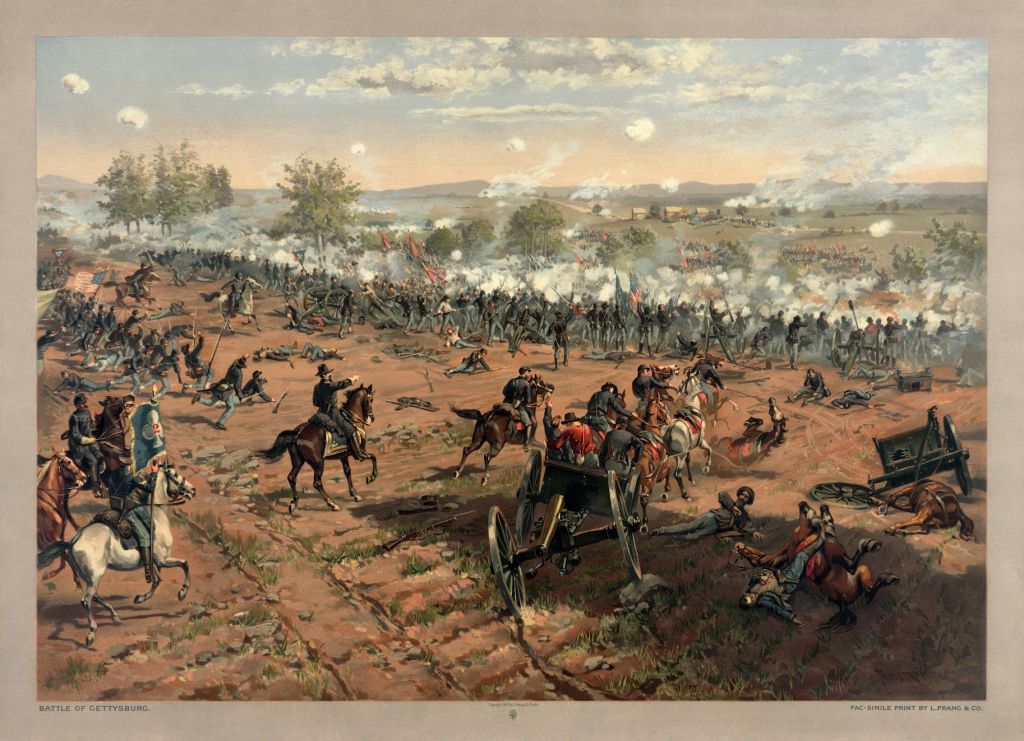

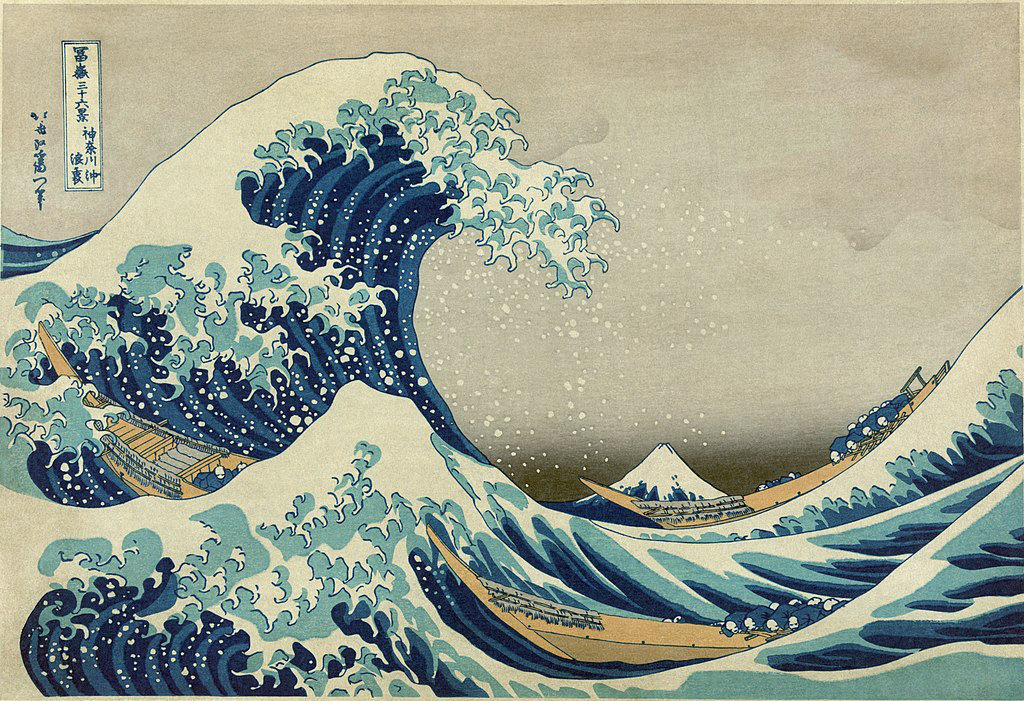

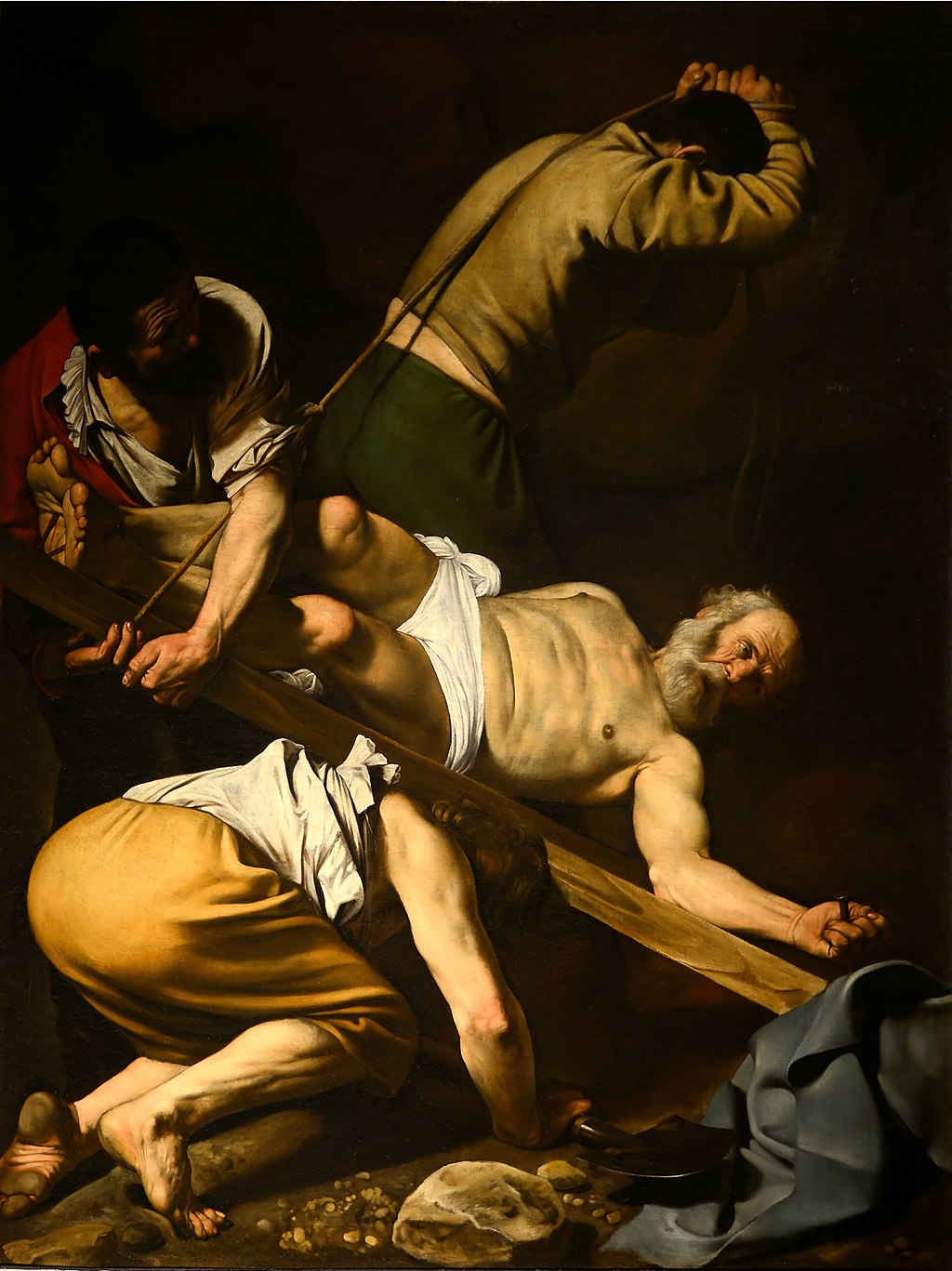




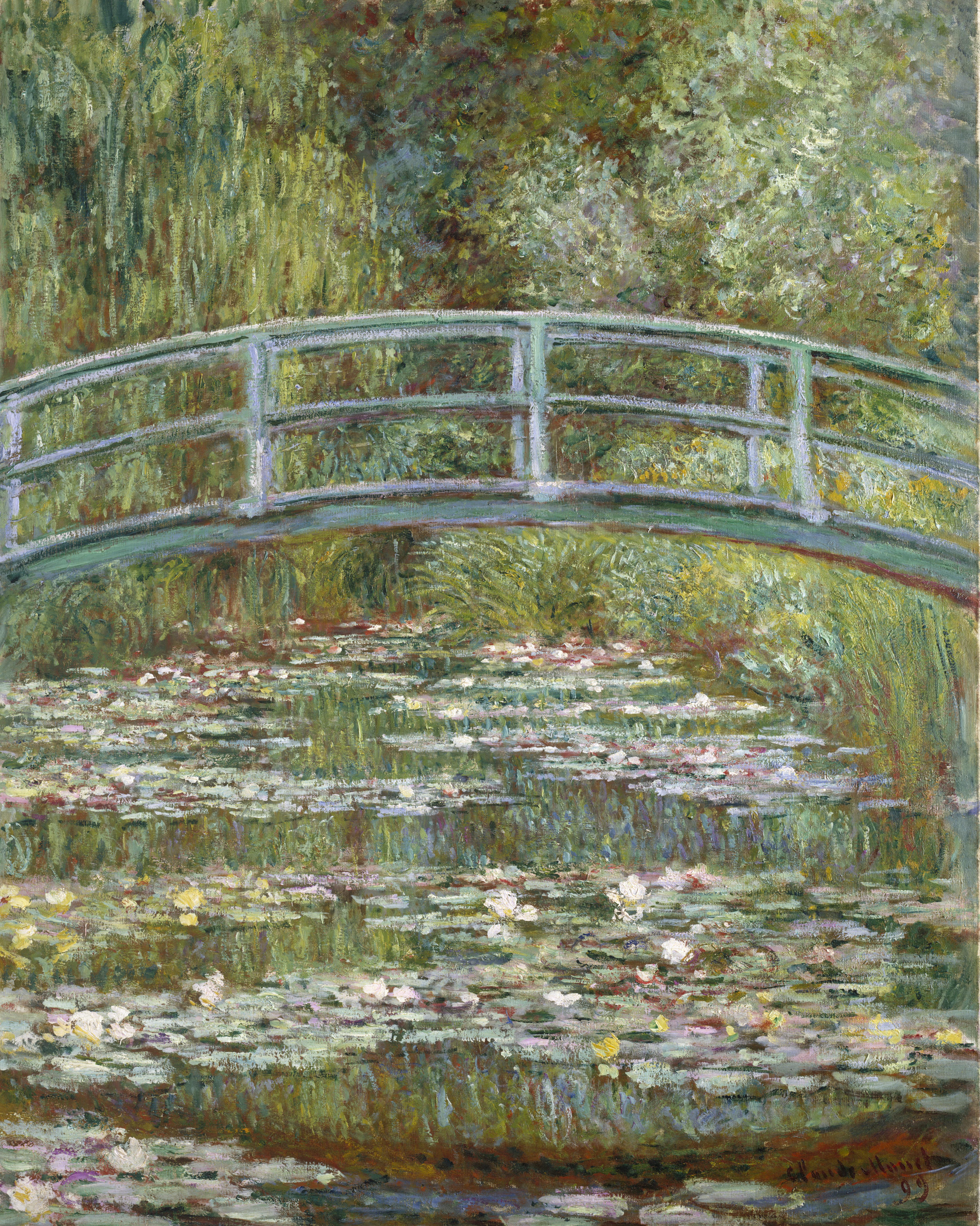




![The Blind Leading the Blind Museo Nazionale di Capodimonte [Public domain]](https://rlbussell.com/wp-content/uploads/2019/01/pieter_bruegel_the_elder_1568_the_blind_leading_the_blind.jpg?w=1089)
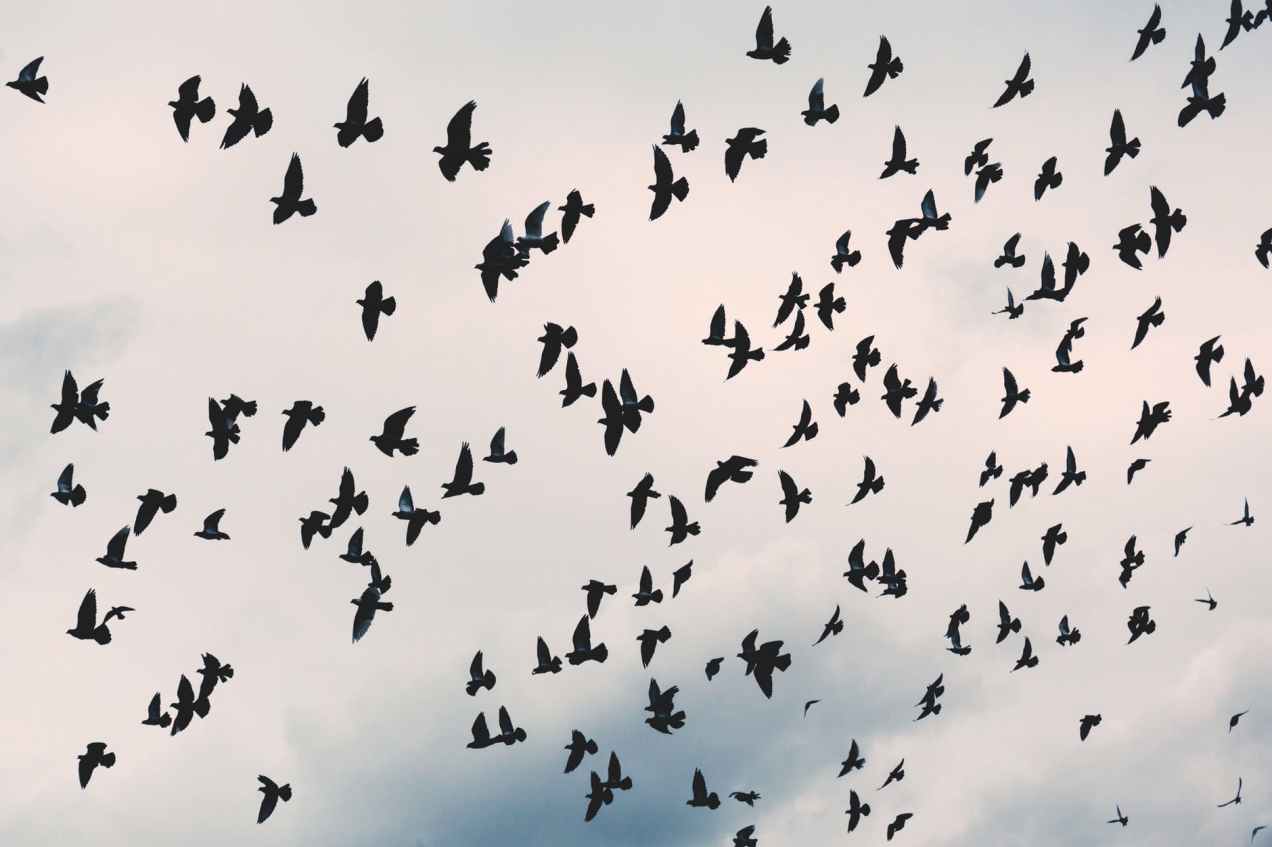
You must be logged in to post a comment.